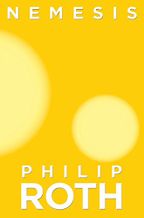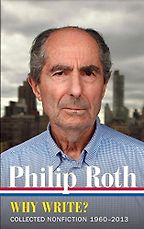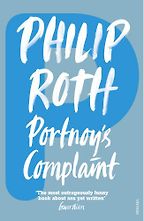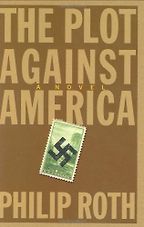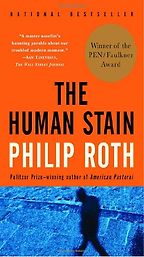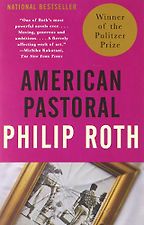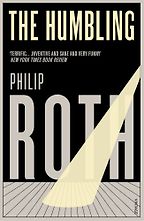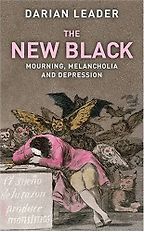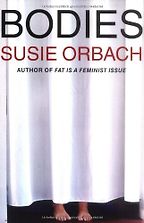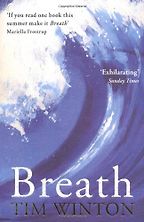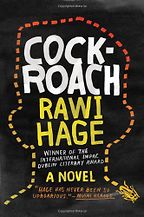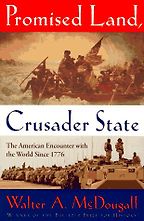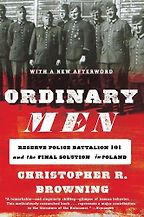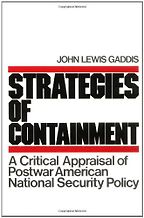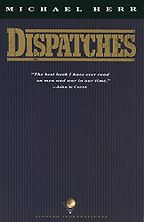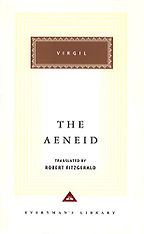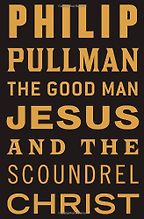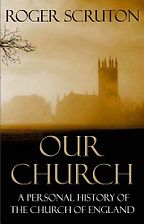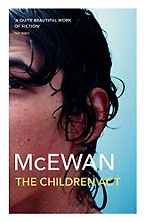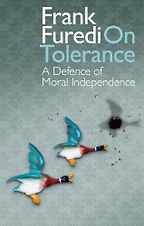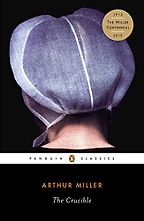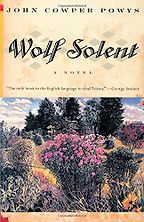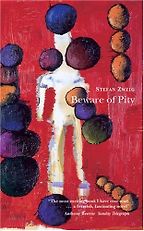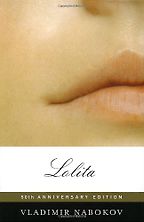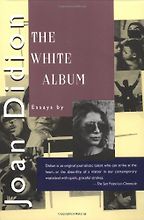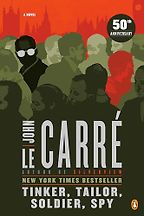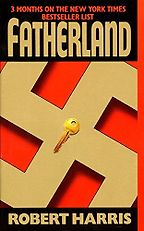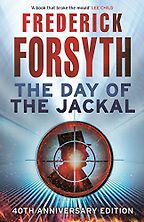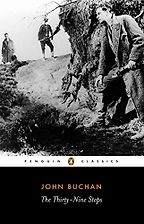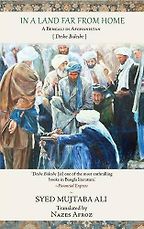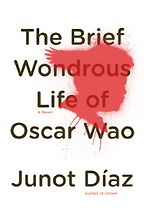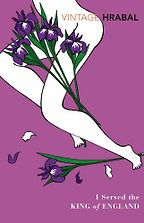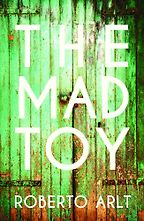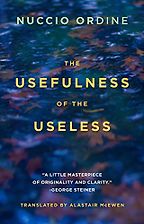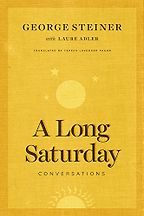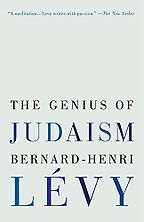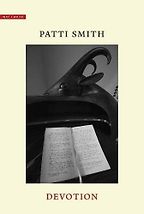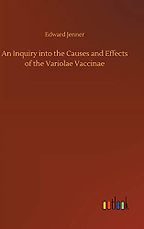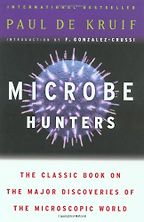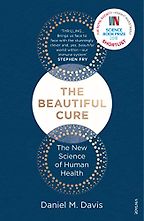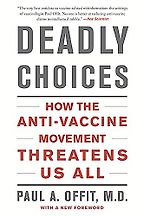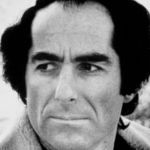
Books by Philip Roth
Philip Roth, 1933-2018. Of his books, the most frequently recommended were The Human Stain (recommended in both an interview on free speech and one on the role of religion) and The Plot Against America, which was chosen as one of the best books about ‘Worry’ as well as one of the ‘Best Classic Thrillers.’
Below, all the times Philip Roth’s books have been recommended on Five Books.
“I like I Married a Communist a great deal because of its energy. Every page has a revelation. It is a captivating book. It’s a novel about politics. The main character in the novel is Ira Ringold. Ira’s brother Murray is a teacher, who’s based on an actual teacher named Robert Lowenstein that Roth had in high school, and what he went through when he was accused during the McCarthy era.” Read more...
Ira Nadel, Biographer
“The Counterlife provides several alternative perspectives. The novel’s conflicting points of view take you out of your comfort zone, to use the cliché. As I developed in my account of Roth, there is a counterlife to the public Phillip Roth, and it’s often driven by anger.” Read more...
Ira Nadel, Biographer
“The Ghost Writer is a wonderful book for many reasons. It’s about big issues—about vocation, about literature and about the Holocaust. It’s sophisticated with overtones of Henry James, Chekhov, and Turgenev. It explores the nature of emotional relationships…Roth wrote 31 books, but The Ghost Writer is the one that is most carefully structured. Roth gets the mechanics of storytelling and the tone right. He had a great editor, Veronica Geng, who was at The New Yorker; she polished it with him.” Read more...
Ira Nadel, Biographer
“Nemesis describes a fictitious outbreak of polio in 1944, eleven years before the vaccine. For me the story has great resonance with the events unfolding in 2020. The fear of polio, initially untreatable like COVID-19, was very great. Though facts and figures can convey the nature of a dreadful pandemic or a horrifying epidemic targeting children, the emotional reality is best portrayed in works of fiction.” Read more...
John Rhodes, Scientist
“The responsibility of the writer is to constantly ask—through the world of the imagination, through the novel—‘What is it to be human? What is it to be humane?” Read more...
Rob Riemen, Philosopher
“Portnoy’s Complaint reflects Roth’s engagement with psychotherapy during the mid-60s and the breakup of his first marriage. Roth discovered that he could use his struggle for self-understanding as the subject matter of a novel entwined with satire. It was a literary breakthrough. In the 60s, a lot of novels dealt with psychoanalysis but what Roth linked it to was outrageous comedy…Portnoy’s Complaint was a breakout book. It made him a great literary success and financially secure but, at the same time, it was a burden. He became so famous that people would yell at him on the streets of New York. He couldn’t escape being the Philip Roth of Portnoy’s Complaint. He turned to less intimate, shorter work—like Our Gang, the satire of Nixon—before he regained his footing as a writer.” Read more...
Ira Nadel, Biographer
“Roth’s “what if?” in this book is imagining that Roosevelt is no longer president, and Charles Lindbergh, an isolationist and anti-war politician, is president instead. So the idea is, “What if America had stayed out of the war and was morally on the wrong side?”” Read more...
Sam Bourne, Journalist
“This book emanated out of the era when Washington was embroiled in the Monica Lewinsky and Bill Clinton scandal. Roth was a great enemy of political correctness…The Human Stain is based on actual experience. A close friend of Roth’s, who was a very distinguished professor of sociology at Princeton, said something that resulted in his ruination. To see ‘cancel culture’—to use today’s phrase—inhibit university life and limit the expression of ideas that we may not want to hear was, to Roth, an anathema.” Read more...
Ira Nadel, Biographer
American Pastoral
by Philip Roth
American Pastoral is one of the historical novels (admittedly set in the fairly recent past) by the great American novelist Philip Roth. Set in the 1960s and early 70s—during the Vietnam War protests and the Watergate scandal—it evokes the America of half a century ago. It was recommended by author Lawrence Kaplan, in his interview on American military intervention overseas: “It’s a beautifully written book and I would suggest it for anyone interested in why American foreign policy matters.”
“It’s not the best of Roth’s novels but it’s nonetheless important. The main character, Simon, is an actor who has lost his spark and can’t perform any more. He loses his fame, and his wife, and ends up in a psychiatric hospital. He becomes an ageing loner, and so the first part appears just a sad debate over a lost life – where the person’s still alive. Then he finds a young lover who used to be a lesbian and they start a passionate affair which ends badly. Problems arise because the lover is the daughter of his friends from youth, and then another young woman emerges whom they first use in a threesome and, basically, you then have an endless series of losses again.” Read more...
The best books on Misery in the Modern World
Renata Salecl, Philosopher
Interviews where books by Philip Roth were recommended
The best books on Misery in the Modern World, recommended by Renata Salecl
The Slovenian philosophy professor decries the tyranny of choice and says we now expect long life, a beautiful body, sexual and job satisfaction. But the idea that we can perfect ourselves dooms us to failure and misery
The best books on US Intervention, recommended by Lawrence Kaplan
The foreign affairs commentator explains why US presidents have less room to manoeuvre on foreign policy than they think, and why President Obama had to set aside his “minimalist” inclinations.
The Best Philip Roth Books, recommended by Ira Nadel
Philip Roth was one of the great contemporary American novelists. He wrote about what he saw when he looked in the mirror, even when he didn’t like it, and claimed his only real interest was writing about what made him feel uncomfortable. Roth’s literary biographer, Ira Nadel, Professor Emeritus at the University of British Columbia, talks us through Philip Roth’s novels and explains why they’re worth reading.
The best books on The Role of Religion, recommended by Selina O'Grady
Religion has an ability to create groups and communities that has yet to be surpassed, argues Selina O’Grady, author of And Man Created God: A History of the World at the Time of Jesus.
The best books on Freedom of Speech, recommended by Claire Fox
Modern society has interpreted John Stuart Mill’s concept of tolerance to mean that we should avoid giving offence. The director of the Institute of Ideas tells us about books that show how far we’ve departed from what was meant
The best books on Worry, recommended by Steven Amsterdam
The author tells us about books that have anxiety at their heart, ranging from obsessional love and chronic neurosis to conspiracy theory paranoia and existential angst
The Best Classic Thrillers, recommended by Sam Bourne
The bestselling author tells us how his other job as a political journalist helps with thriller writing, and what makes le Carré, Forsyth and Buchan such masters of their trade
Kushanava Choudhury on Calcutta Influences
Can one encounter the whole universe in the streets of one city? Kushanava Choudhury, author of a new book about Calcutta, says so, and tells us how
Best Humanist Books of 2017, recommended by Rob Riemen
Without the cultivation of the life of the mind, you will never understand anything about your own life or the world that we live in, says cultural critic Rob Riemen. To get you started for the new year, he recommends the best humanist books (that he read) published in 2017.
The best books on Immunology, recommended by John Rhodes
John Rhodes, immunologist and author of The End of Plagues and How to Make a Vaccine, selects five of the best books to help the layperson understand the human immune system in all its fiendish complexity—and explains why the discovery of a successful vaccine is only the initial breakthrough in the long and logistically challenging battle for disease eradication.



